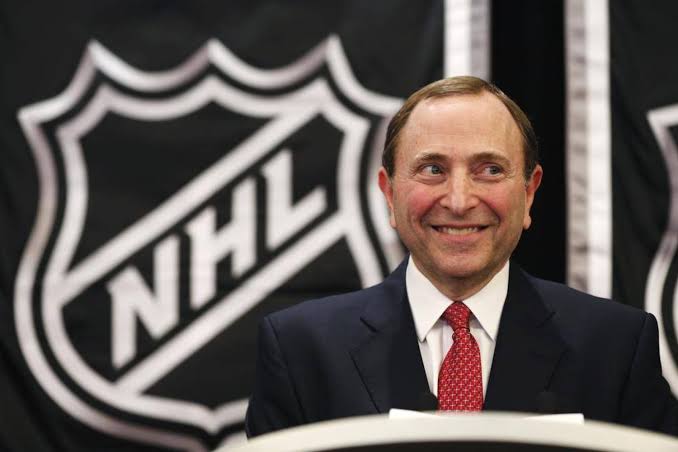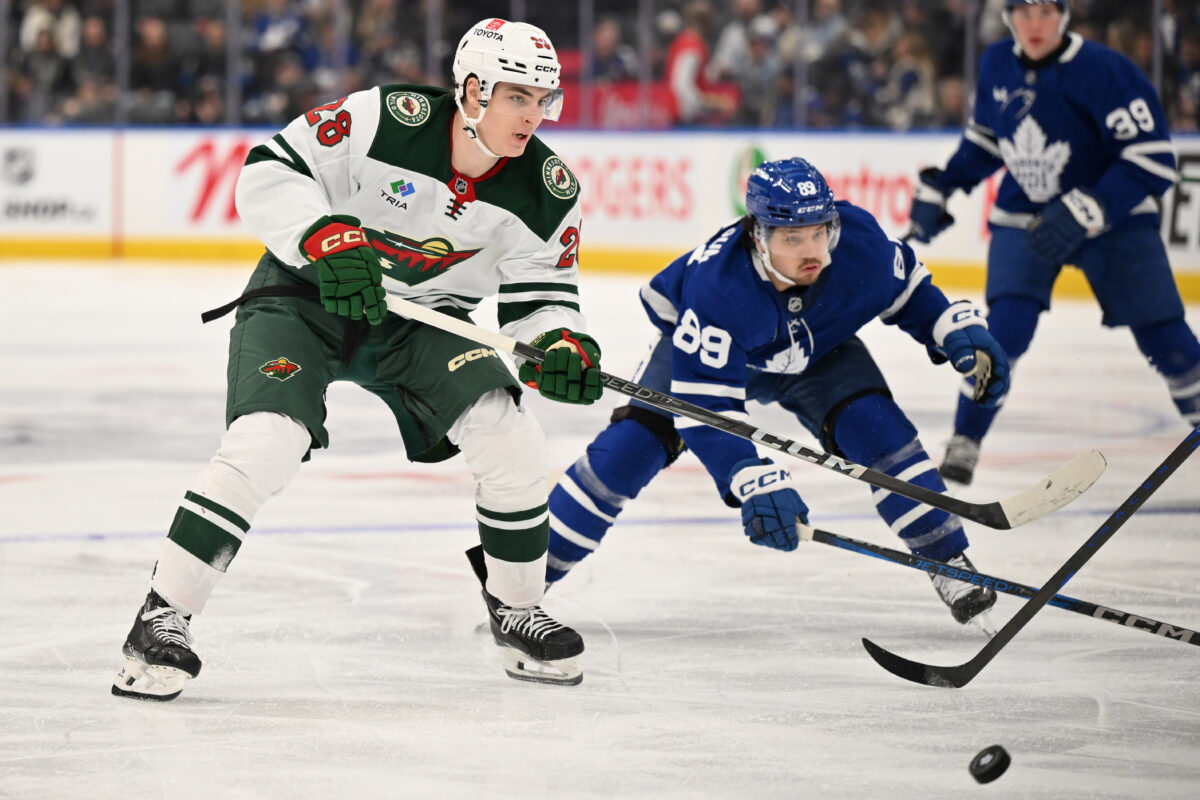Introduction: A Landmark Announcement Rocks the NHL
In a stunning announcement that sent shockwaves throughout the hockey world and beyond, Gary Bettman, the long-standing Commissioner of the National Hockey League (NHL), officially declared his resignation effective at the end of the 2025–26 season. After 32 transformative years at the helm of the league, Bettman’s departure marks the end of an era that reshaped the NHL from a traditional North American sport into a modern, commercially viable, and globally recognized enterprise.
The announcement came via an early morning press conference at NHL headquarters in New York City, where a visibly emotional Bettman took to the podium, flanked by team owners, former players, and league executives.
“It has been the privilege of a lifetime to serve this great game,” Bettman began, pausing several times for applause and to gather his composure. “We have grown together, endured labor wars and celebrated outdoor spectacles. But now, it’s time for a new voice to lead this incredible league into its next chapter.”
Chapter 1: From Lawyer to League Architect
Gary Bettman was appointed as the first Commissioner of the NHL on February 1, 1993, after serving as the Senior Vice President and General Counsel of the NBA. At that time, the NHL was a 22-team league, mostly confined to traditional hockey markets.
Over the next three decades, Bettman oversaw the league’s expansion to 32 teams, with bold ventures into non-traditional markets like Las Vegas, Phoenix, Dallas, and Seattle. Critics raised eyebrows at the time, but those franchises—especially the Vegas Golden Knights and Seattle Kraken—have since become commercial and competitive success stories.
Chapter 2: The Salary Cap and Labor Battles
Perhaps Bettman’s most controversial yet defining legacy lies in labor relations. The NHL saw three lockouts under his tenure, including the entire cancellation of the 2004–05 season—the first time a North American pro sports league lost an entire year to a labor dispute.
Out of that turmoil, however, emerged one of Bettman’s most impactful changes: the implementation of a hard salary cap. This cap helped restore competitive balance and financial discipline to the league, ensuring small-market teams could remain viable while restraining runaway spending from wealthy clubs.
While hated by some players and fans at the time, the cap system today is largely seen as a key ingredient in the NHL’s sustainable growth model.
Chapter 3: Innovation on Ice — Winter Classics and Beyond
Bettman’s administration was also defined by a relentless pursuit of innovation, both in presentation and fan engagement. Under his guidance, the league introduced a suite of fan-friendly spectacles:
- The Winter Classic (outdoor New Year’s Day games played in iconic stadiums)
- The Stadium Series and Heritage Classic
- The Global Series, with games in Europe and Asia
- Revamped All-Star Games featuring 3-on-3 formats and skill showcases
These events not only energized fans but also brought millions in revenue and extensive media coverage. They helped elevate hockey’s profile, making it a more engaging and inclusive experience, particularly for younger and global audiences.
Chapter 4: Bettman’s Complex Relationship with the Fans
Despite his accomplishments, Bettman’s relationship with NHL fans has always been complicated. He has been booed annually at the NHL Draft and Stanley Cup presentations, a tradition that’s both light-hearted and deeply symbolic.
Critics point to:
- His perceived favoritism toward Sun Belt expansion over Canadian cities
- The 1995, 2004, and 2012 lockouts
- Delays in addressing player safety, especially regarding concussions
- The sometimes opaque disciplinary decisions
And yet, under his stewardship, the league’s revenues ballooned from $400 million in 1993 to over $6 billion by 2025, and fan engagement metrics on digital platforms have never been higher.
Chapter 5: Legacy of Inclusion and Modernization
Over the last decade, Bettman’s office made visible strides in promoting diversity and inclusion in a sport long dominated by white, male voices. The Hockey Is For Everyone campaign, alongside growing initiatives supporting women’s hockey, Black players, and LGBTQ+ representation, marked a new era of leadership.
Additionally, Bettman championed modernization in:
- Digital broadcasting partnerships
- VR and AI technology for enhanced in-game analytics
- Green sustainability, including eco-friendly rink operations
These steps, while ongoing, are expected to grow under the next commissioner, whom Bettman says he hopes will “prioritize both tradition and evolution.”
Chapter 6: The Globalization of the NHL
Another key pillar of Bettman’s tenure has been international outreach. Though hockey’s global footprint still trails soccer or basketball, the NHL has made significant inroads in Europe and Asia.
Regular season games in Sweden, Czechia, and China, as well as expanded scouting and development camps abroad, are examples of the NHL’s shifting worldview. There have even been whispers of a possible European division one day.
While Bettman didn’t live to see such an expansion realized, his groundwork has made it a plausible long-term strategy.
Chapter 7: Reaction From the Hockey World
Following the announcement, tributes and reactions poured in from across the hockey community.
️ Wayne Gretzky, NHL legend:
“I’ve had disagreements with Gary, but no one can question what he’s done for the league. He’s taken hockey to places we never dreamed it could go.”
️ Sidney Crosby, Pittsburgh Penguins captain:
“Commissioner Bettman always had the bigger picture in mind. He made decisions we didn’t always like, but he helped build something stable, something powerful.”
️ Auston Matthews, Toronto Maple Leafs:
“I hope the next commissioner builds on what Gary started—growing the game worldwide and investing in the next generation.”
Even previously vocal critics such as Don Cherry and Jeremy Roenick acknowledged Bettman’s influence, with Cherry calling him “the most important non-player in NHL history, whether you like him or not.”
Chapter 8: What’s Next for the NHL?
The NHL Board of Governors has confirmed that a search committee has already been formed to identify Bettman’s successor. Early names floated include:
- Bill Daly, current Deputy Commissioner
- Kim Davis, NHL Executive VP for Social Impact
- Mathieu Schneider, NHLPA executive and former player
- Kevin Weekes, broadcaster and former goalie, seen as a diversity candidate
- John Collins, former COO of the NHL and architect of the Winter Classic
League insiders say the process will take up to six months, with a new commissioner expected to be named by early 2026.
Whoever inherits the job will face massive challenges: managing league parity, expanding the digital product, improving officiating transparency, and tackling ongoing concerns about player safety and youth development.
Chapter 9: Bettman’s Final Season and Farewell Tour
Bettman confirmed he will remain commissioner through the entire 2025–26 NHL season, after which he will step down formally.
During that time, the league plans a farewell tour, with commemorations in each NHL arena, retrospectives in All-Star events, and a planned documentary miniseries titled “Bettman: The Business of Hockey.”
He will also attend the 2026 Winter Olympics in Milan, where NHL players are expected to return to the global stage—a fitting swan song for a commissioner who once famously pulled the league out of the Games.
Conclusion: The Book Ends, The Legacy Begins
Gary Bettman’s reign over the NHL is one of the most consequential leadership tenures in modern sports history. Loved by owners, loathed (at times) by fans, respected by peers—his legacy is a tangled but towering one.
As the NHL now turns the page, Bettman leaves behind a league infinitely more sophisticated, profitable, and globally relevant than the one he inherited.
Whether remembered as a visionary or a ruthless executive—or, more likely, both—there is no denying that Gary Bettman changed the NHL forever.


